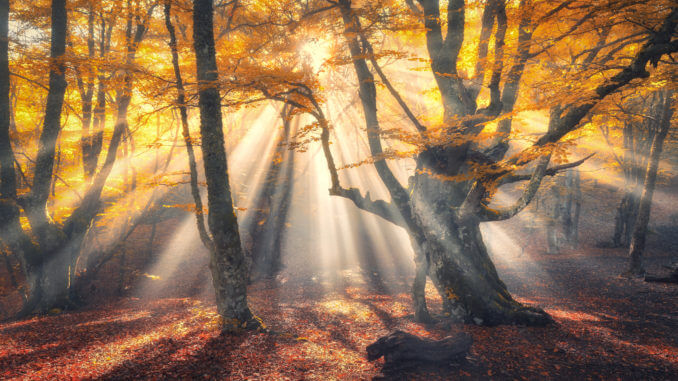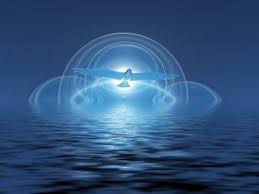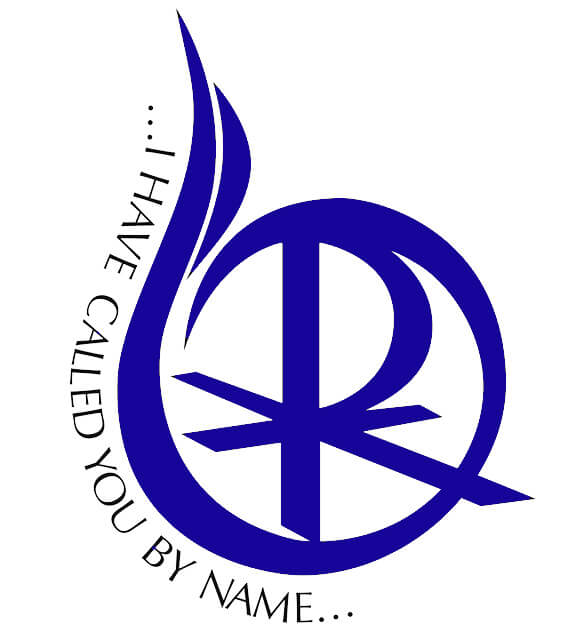
If Jesus Christ is the very core of our faith, then “doing the work of Christ” is what we are created for (i.e. making the power of God alive in the universe through the indwelling Spirit.) God evolves the work of creation and moves it to completion through the instrumentality of human beings. God’s creative Spirit, incarnate in the person of Jesus Christ, now takes flesh in and through the minds, hearts, and the freely-willed actions of people like ourselves. God’s Spirit is not recognized until it is embodied; it must take on matter.
The person of the Spirit, “the Lord and giver of life,” refers to God present and active in the world. From an evolutionary perspective, the Spirit of God, who hovered over creation from the beginning, continues to breathe within us and through us, drawing us to new creation.
The Hebrew Scriptures speak often of people like Moses, Elijah, Jeremiah, other prophets, and wisdom teachers as endowed with the Spirit. It was through the power of the Spirit that they proclaimed God’s message. For example, Isaiah spoke of a new age of the Spirit: The Spirit of the Lord is upon me, because the Lord has anointed me, to bring glad tidings to the lowly and to heal the brokenhearted, to proclaim liberty to the captives and release to the prisoners. (Isaiah 61:1-2)
“We can win the future,
Pope Benedict XVI
only if we do not lose creation.”
In the words and deeds of Jesus, his disciples recognized that he acted in the Spirit of God. When reading from the Scriptures in the synagogue at Nazareth, Jesus repeated the very same passage from Isaiah cited above. Rolling up the scroll, he handed it to the assistant, sat down, and then said: Today this scripture passage is fulfilled in your hearing. (Luke 4:16-21)
The dynamic symbols of change in the Pentecost experience (wind and tongues of fire) proclaim a new age of the Spirit, now embodied in the faithful followers of Jesus Christ. (Acts 2 ff.) Writing to the Corinthians around 54AD, St Paul reminds them, Now you are Christ’s body, and individually parts of it. (1Corinthians 12:27)
He challenges them to use their unique and different gifts of the spirit wisely, not for personal gain or self-aggrandizement but for the spiritual growth of the entire body. (1 Corinthians 12:27-28). In the end, there are three things that last: faith, hope, and love. And the greatest of these is love. (1 Corinthians 13:13)

He challenges them to use their unique and different gifts of the spirit wisely, not for personal gain or self-aggrandizement but for the spiritual growth of the entire body. (1 Corinthians 12:27-28). In the end, there are three things that last: faith, hope, and love. And the greatest of these is love. (1 Corinthians 13:13)
It is we who are now called to be that “Body of Christ.” It is we who are now summoned as “co-creators and co-operators with God” in preserving and nurturing the wellbeing of creation. We are now the 21st century ”bearers of the Spirit.” To be a “co-creator and co-operator” with God in the work of creation means that by virtue of our present evolutionary stage of self-reflective consciousness, we are engaged in the evolutionary process that has engendered us. We have the capacity to look back into the past and marvel at the origins of the universe and recognize how we have evolved to this present stage of creation.
We can also see how our thoughtlessness and selfishness has diminished the life-giving resources of the Earth. We are also able to envision dire consequences for the future of our planet, unless someone speaks up. Would we be able to live with ourselves if we remained silent and did nothing about taking positive and realistic measures for a cleaner, healthier, and environmentally viable future?
Questions for Discussion:
1. As someone who was told in the sacrament of Confirmation that you are now a “bearer of God’s Spirit,” how would you explain, now as a mature person, your responsibility for preserving the life of Mother Earth?
2. What practical actions might you undertake in preserving the health and vitality of our Earth? What might you do in your neighborhood? In your home?
3. Does the term “co-creator” mean anything to you? Please explain.
